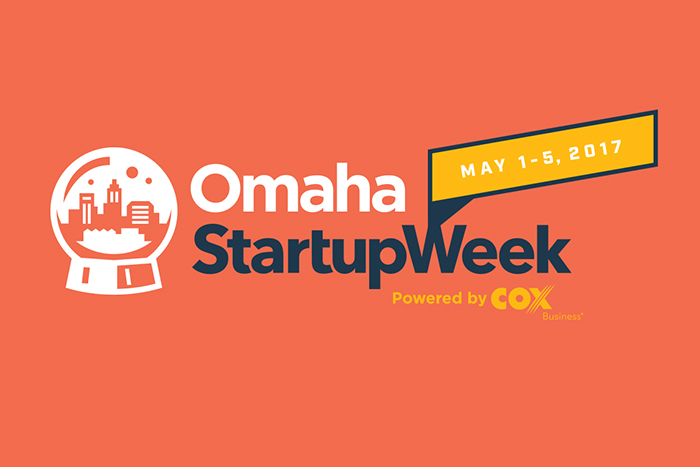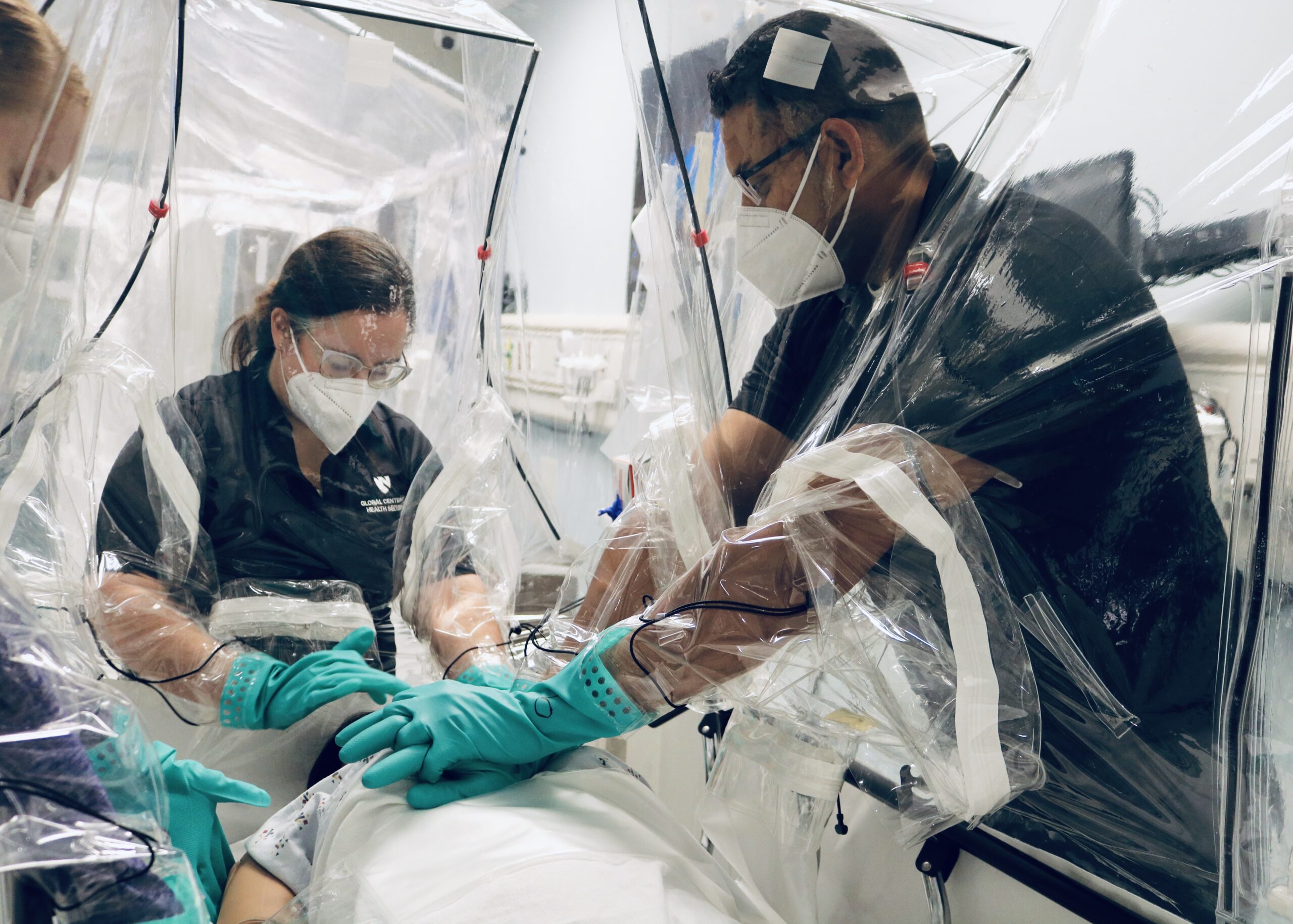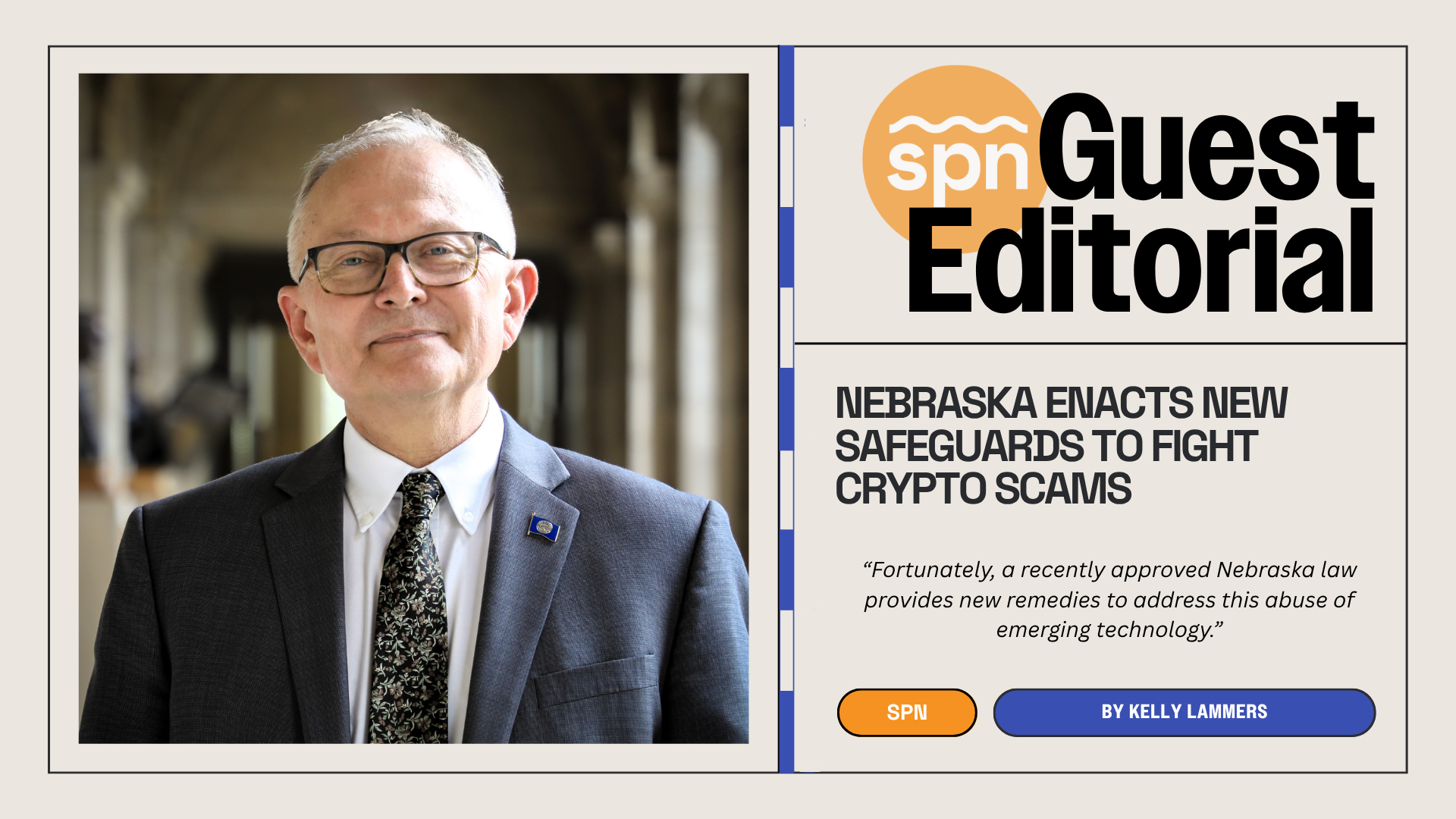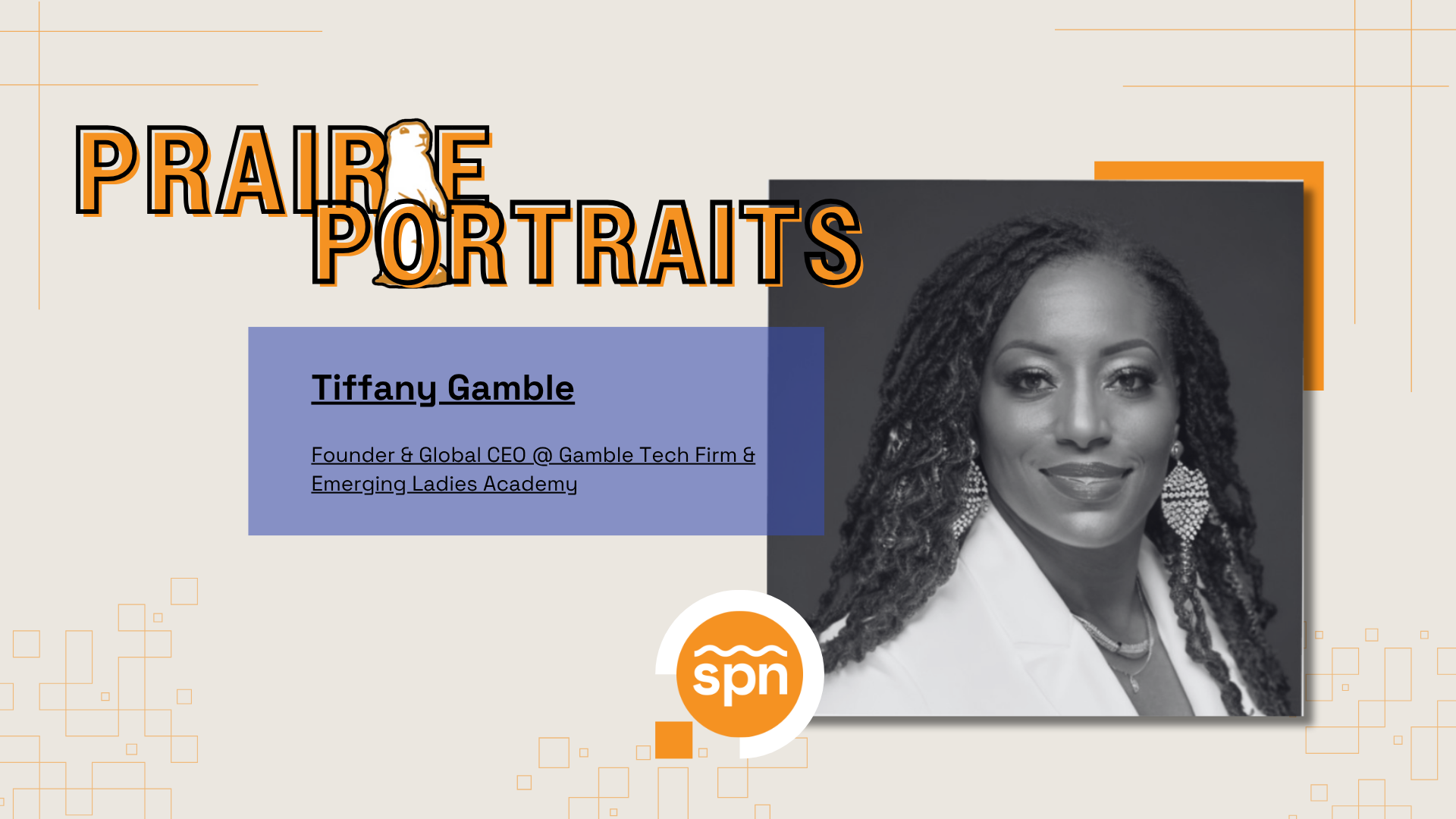Omaha Startup Week Powered by Cox Business is a five-day celebration from May 1-5 of the local community and its entrepreneurial identity. SPN sat down with Matt Helt, Program Director of Techstars Startup Week and longtime Omaha resident, to talk more about Techstars and Omaha Startup Week, and why participating in Startup Week is vital to entrepreneurs and ecosystems alike.
SPN: Let’s start from the beginning. What is Techstars all about?
MH: Techstars is a worldwide network that exists to help entrepreneurs succeed. We do that in three different ways. The primary way which most people know about is our accelerators. We have accelerators in countries all around the world, we’re up to 28 at the moment. Each one of those accelerators takes in 10-12 startup companies and through a 3 month program, accelerates them to a point where they can either raise more money or really, as the term implies, accelerate their growth.
The second piece is our venture fund. We have a fund that primarily invests in Techstars alumni companies and then if we find additional opportunities through connections, we’ll invest in those as well.
The third piece, which is a more recent piece to Techstars, is our startup programs. Startup programs consist of Startup Weekend, Startup Week and Startup Digest. Startup Weekend is probably our best-known program. Last year we had over 900 events around the world and close to 80,000 attendees.
SPN: Why should individuals get involved in Startup Week?
Startup Week is a program that was developed so the entrepreneurial community could come together, share and celebrate the ecosystem. We really wanted to create a platform where there was no barrier to entry, where entrepreneurs or anyone interested in entrepreneurship could come to an event free of charge and kind of dip their toe in the water and see what this startup and entrepreneurship thing is all about. Startup Week is just now starting to scale. In 2016, we had 47 Startup Weeks around the world with over 83,000 attendees at just those 47 events.
The main focus of the week is obviously the content, so we want entrepreneurs to come and learn from each other. Part of the Techstars ethos is “Give First.” Through that, we encourage our alumni and other people in entrepreneurial communities to come share what they learned with the community. We found that that accelerates everyone’s learning. Entrepreneurship is a lonely game. A lot of entrepreneurs have their heads down and are focused on building their company and they don’t realize that there are a lot of people that have been through everything that they’ve been through. If they’re able to meet somebody through something like Startup Week, they can shorten their learning curve by months and in some cases years.
SPN: Aside from learning, what are some other Startup Week takeaways?
The main focus is obviously the content and the learning, but it’s also what we like to say is the “learning between words,” the connections and networking that are made between the events. We try to create enough space so that those collisions happen, where a founder might be able to find their co-founder or a CTO or a development team. There’s plenty of opportunities for that to happen at a Startup Week.
We want to see people being motivated to jump in and get their business started after a Startup Week. We also want to provide them with a list of resources so they can see that there are things like The Startup Collaborative that exist so if you have an idea you can find out the next step. A lot of events will leave you hanging. You’re inspired but you don’t know what to do next. We really hope people come out of the week knowing what tools and resources exist community-wide that they can instantly access and get started.
SPN: What made you decide to bring Startup Week to Omaha in 2016?
For me to be running Startup Week all around the world and not having it in my backyard, that was something that needed to change. I went around and talked to the various stakeholders in the community to get a sense of who might have the chops to run the event and everyone pointed to Erica Wassinger. She was the obvious choice. I set up a time to meet with her and told her what Startup Week was all about and she didn’t hesitate to say yes. Immediately, she was scrawling on her notepad, she was planning right there.
Year one was all about organizing the team which is made up of organizers are entrepreneurs or people who support the ecosystem and want to give back. No one is getting paid to do this. They donate their time so that the entire ecosystem thrives. We also make sure the organizing team is made up of people all across the ecosystem, not just one group. The risk is that if one organization owns it and then if they disappear, the entire community collapses. We want to make sure that doesn’t happen. Erica was amazing in getting a lot of different stakeholders involved in year one and helping them to understand what the program is and what is can do for the community.
SPN: How did planning year two differ from that?
In year two, it is about getting more of the community involved and reaching across the table to other stakeholders. One of the things we really focus a lot on is our diversity efforts. We want to make sure that diverse groups of people know about the event and that they feel welcome in attending. There’s a concerted effort to make that happen.
We don’t need this to be a 2,000 person event, it’s really about making sure everyone in the community who’s interested in entrepreneurship knows that the event exists, knows that they’re welcome to attend, and really encouraging them to sign up. This year, I think the ballpark number by the end of the week will be anywhere from 1,200 to 1,500 attendees.
SPN: What forms of support does Techstars provide for Startup Weeks?
Techstars provides the backend tools and resources. We take a lot of that heavy lifting off of the organizing board’s shoulders so they can plan the event and get great content. Year one follows Techstars’ model of tracks––a track is a theme. So typically in year one, it’s Design, Development, Legal, Finance and Entrepreneurship 101. Omaha added a few. If there are tracks more relevant to a community in this stage of development, they’re more than welcome to add those tracks in. We encourage that.
SPN: Then is each Startup Week different based on the individual ecosystem of each city?
This year we’re anticipating 60 Startup Week cities. We’ve got everything from the most nascent ecosystems like Macon, Georgia that just had their Startup Week two weeks ago. It was a small event. They maybe had 100 attendees and 15-20 events over the week, but they’re thrilled. The people who are interested in the startup community saw that it exists in Macon. Then you have the other extreme where you’ve got Seattle and Denver. In 2016, Denver had 13,000 attendees. Seattle was close to 6,000 attendees. They’re very mature ecosystems. They’ve got major startups that have exited so people that live in those communities know the opportunities that exist and they show up because they want to be a part of it.
What’s most interesting to me are our efforts overseas in Latin America, Asia-Pacific and the Middle East. Seeing what those communities do with Startup Week is fascinating. I was in Amman, Jordan a year ago in April for their Startup Week. The content that they put together was incredible. The thing that blew away all of my expectations was that is was about 50% female attendance. When I go to a lot of my other startup Weeks that my organizers put together, they’re maybe 35-40% female, but to see in an Arab country that many women was fantastic.
SPN: Will Techstars be leading any Startup Week events?
Our Regional Techstars Manager, Jordan Rothenberg, will be in attendance and he’ll be leading a meetup about Startup Weekend. Anyone who is interested in attending that meetup is welcome. There’s going to be a lot of discussion about what Startup Weekend is and how people can get involved in future planning and organizing of that event. They’re going to hear it directly from a regional manager who does these all over the Western half of the U.S.
We also have a few other Techstars executives who are coming in, John Hill who runs our alumni network will be speaking on community building. Also, John Beadle who’s the director of Startup Weekend will be on a panel talking about “why the Midwest,” which I think a lot people should come listen to. Entrepreneurs are going to get pressure as they build their startup and if they take money from the coast, those VCs are going to pressure them to move closer to them. I think the Midwest is uniquely positioned, though. Having seen startups in so many other big cities, you just look at the cost factor. Your burn rate is so much faster if you’re in London, San Francisco or New York. You’re going to get a lot more value for your money, plus the connections you can make here are just as valuable as you can make on the coast.
Hear more from Techstars executives Matt Helt, John Hill, John Beadle and Jordan Rothenberg at Omaha’s Startup Week Powered by Cox Business. To view the week’s complete schedule or to register, visit the Omaha Startup Week website.





